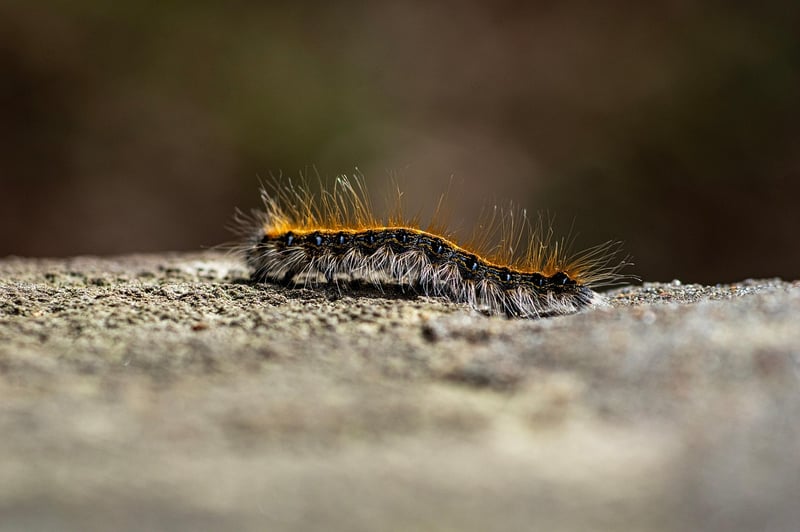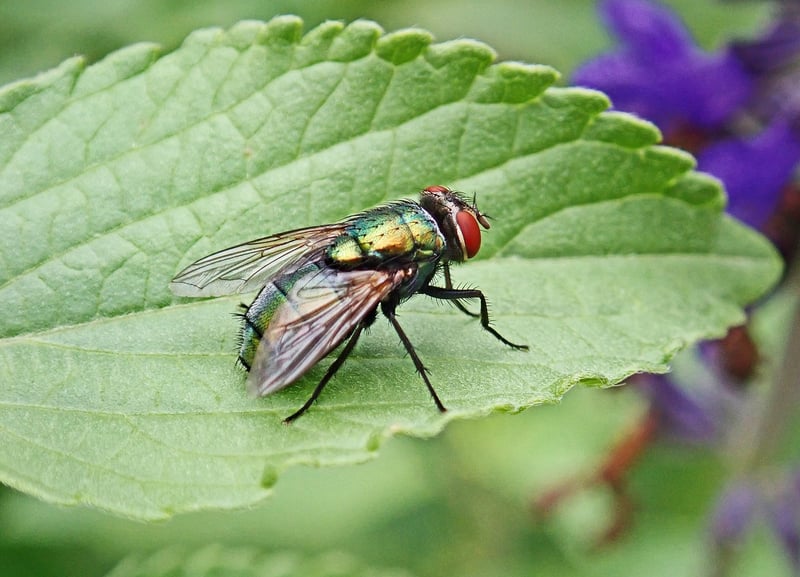Identifying Pests
Protecting Your Plants: Identifying Pests
Plants are essential for a healthy environment and add beauty to our surroundings. However, they are often vulnerable to various pests that can damage or even kill them if left unchecked. Identifying these pests is crucial in protecting your plants and ensuring they thrive. Let's explore some common plant pests and how to deal with them.
Common Plant Pests

1. Aphids
Aphids are small, sap-sucking insects that can weaken plants by depriving them of essential nutrients. They are usually found on the undersides of leaves and can quickly multiply if not controlled.
2. Spider Mites
Spider mites are tiny pests that feed on plant sap, causing leaves to turn yellow and eventually die. They are often visible as tiny red or brown dots on leaves.
3. Caterpillars
Caterpillars are the larval stage of moths and butterflies. While some caterpillars are harmless, others can devour entire leaves and flowers, leading to significant damage.
Identifying and Dealing with Pests
Regularly inspecting your plants is key to identifying pest problems early. Look for signs such as chewed leaves, discolored spots, or webbing on plant surfaces. Once you have identified a pest infestation, consider the following methods to deal with them:
- Handpicking: Remove pests like caterpillars and beetles by hand and drop them into a bucket of soapy water to prevent them from returning.
- Neem Oil: Use neem oil as a natural insecticide to repel and kill common plant pests like aphids and spider mites.
- Beneficial Insects: Introduce beneficial insects like ladybugs and lacewings that feed on pests to keep their populations in check.
- Organic Sprays: Consider using organic sprays like insecticidal soap or horticultural oil to control pest infestations effectively.
By taking proactive measures to identify and deal with plant pests, you can protect your plants and promote a healthy garden environment. Remember, prevention is always better than cure when it comes to pest management.
Keep your plants healthy, and enjoy a thriving garden!
